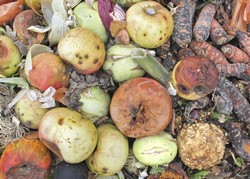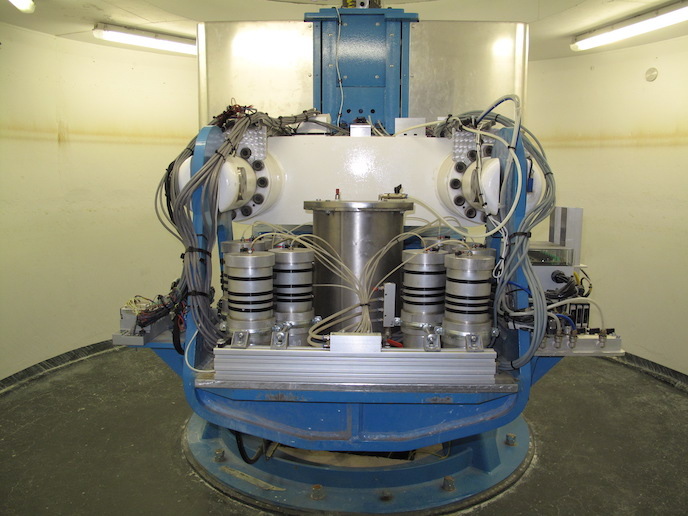Organic waste recycled as fertiliser
Urban and farm environments produce organic matter as waste products like household wastewater or animal manure. While these wastes contain valuable nutrients that could be cycled back into soil, they are not being used to their full potential. The EU-funded FERTIPLUS(opens in new window) (FERTIPLUS Reducing mineral fertilisers and agro-chemicals by recycling treated organic waste as compost and bio-char products) project aimed to produce biochar or compost from organic waste as greener alternatives to chemical fertilisers. Biochar is carbon-rich charcoal produced by decomposing plant matter at high temperatures, which improves soil quality and stores carbon in the soil. FERTIPLUS first determined which agricultural feedstock, municipal household wastes and processing conditions produced the best nitrogen- and phosphorus-rich products. Agricultural manure had the highest nutrient levels, followed by municipal wastewater and finally green waste derived from plant and food material. While manure is already extensively recycled, currently underused green waste is a cleaner alternative to municipal wastewater, which runs the risk of contamination by human pathogens. Of processing methods, researchers found that the temperature at which biochars were produced affected their stability in soil and their ability to retain nutrients. However, chemically or biologically modifying the biochars enhanced their nutrient retention, and enabled researchers to tailor their properties for different environments and soil conditions. Adding biochar to feedstock when creating compost, meanwhile, improved the efficiency (and lowered the cost) of composting systems. When tested on different cropping systems at four European field trial locations, biochar, compost and biochar-blended compost increased soil carbon and decreased greenhouse gas emissions. Importantly, these waste-derived products contained no pollutants like heavy metals or human pathogens. Finally, a life-cycle assessment revealed that biochar-blended compost is a promising alternative to chemical fertilisers. By improving nutrient retention and sequestering carbon in the soil, biochar should reduce the negative impact of agriculture on climate change.







